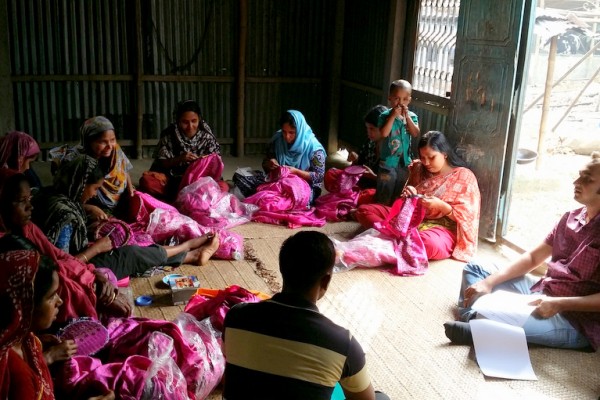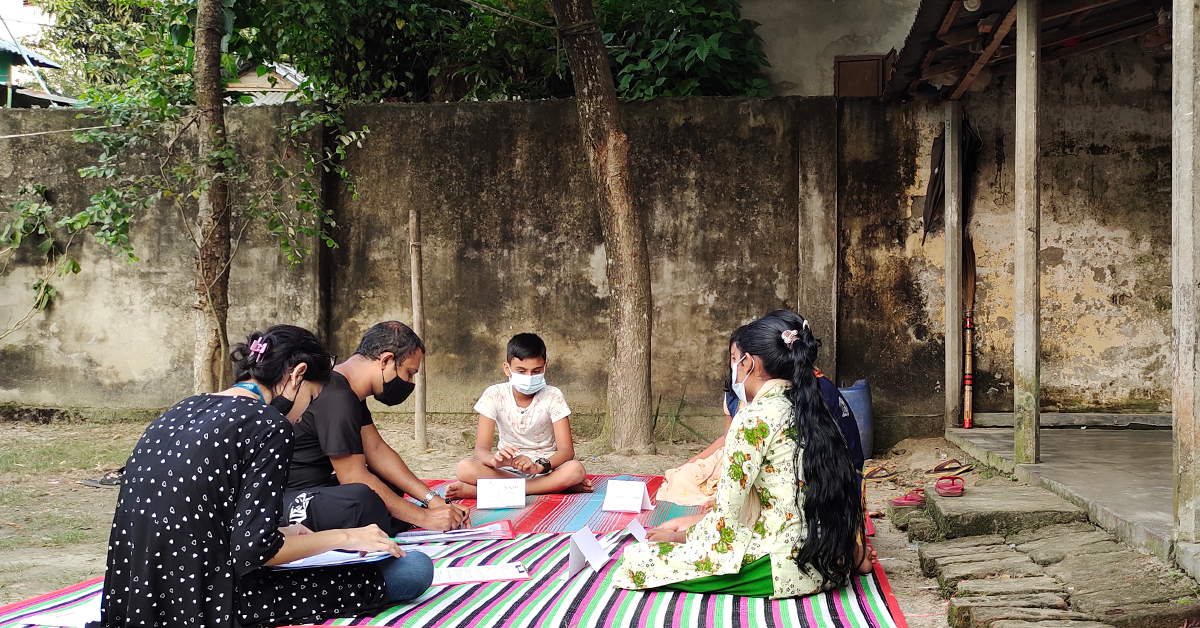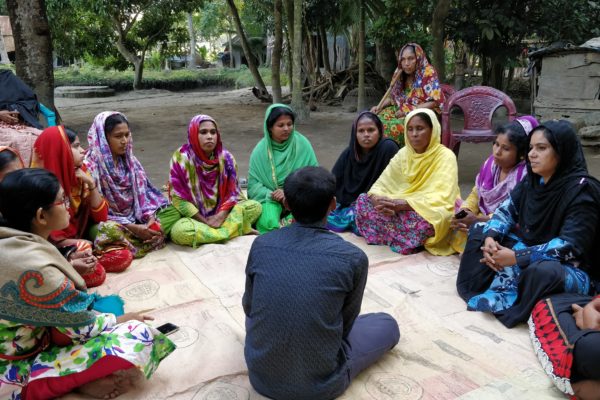IID is exploring the reasons why women are mostly in the low-paid echelon, but absent in the skilled labour force category in key sectors like construction and readymade garments. The study will focus on disadvantaged groups and investigate reasons why low-income women are not coming to skilled and semi-skilled labour force by developing their skills.
IID is going to conduct the scoping study incorporating a mix of data collection methods, including Focused Group Discussions (FGDs) and Key Informant Interviews (KII) at beneficiary, industry and policy/activist community levels supplemented by a comprehensive literature review. The study is commissioned by Sudokkho. GRM International in partnership with Swisscontact and the British Council is implementing Sudokkho programme to intervene in this context to support private-sector led training for the poor, and in particular training that effectively supports women and disadvantaged populations into decent employment. Study findings will aid in Sudokkho’s ultimate aim of ensuring enrolment of women and disadvantaged groups in training, retention and graduation, and to secure long-term quality employment for them.
Inclusive and gender sensitive technical and vocational education and training (TVET) is a priority for the National Strategy for Gender Mainstreaming in TVET and Skills development programmes. Built upon the TVET reform agenda of Bangladesh in coordination with the Directorate of Technical Education (DTE) of the Ministry of Education, the programme will support the development of a skills-training market and incentivise market players to invest in on-the-job and off-the-job skills training.



